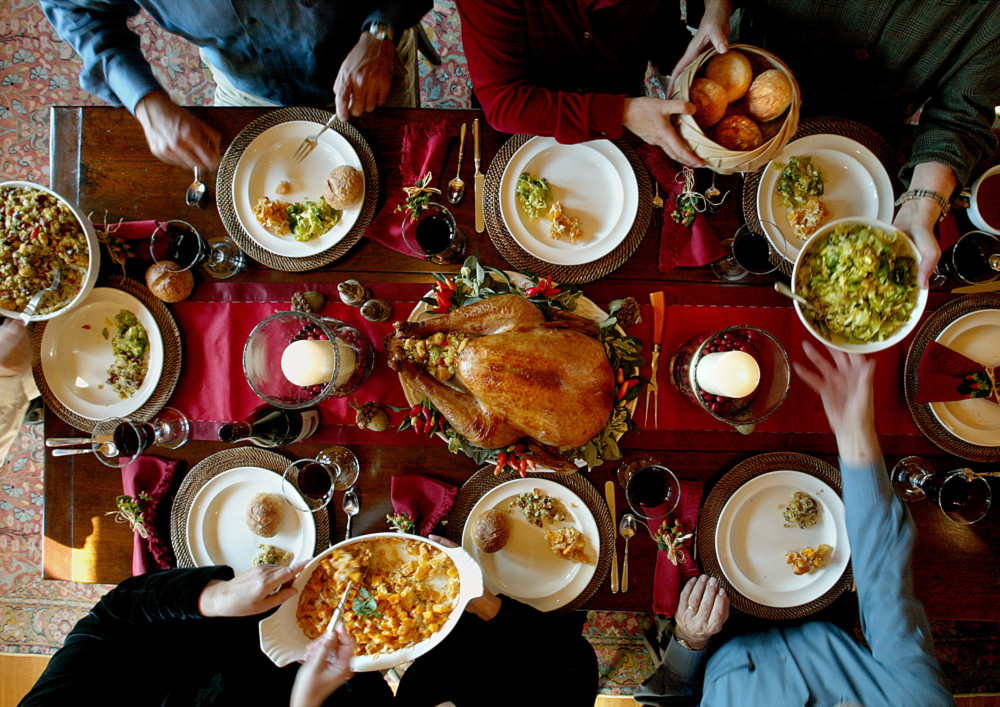By Karen Kaplan
Los Angeles Times
WWR Article Summary (tl;dr) When it comes to gaining weight, the Christmas-to-New-Year’s season is the biggest doozy in Western nations. According to a new study, Germans put on an average of 1.75 pounds and Americans gain an average of 1.
buy zoloft Canada https://langleyrx.com/zoloft.html no prescription
3 pounds. (And that’s just the average)
Los Angeles Times
Halloween is right around the corner, which means Thanksgiving and Christmas will be coming up soon. If you’re already worried about putting on extra pounds over the holidays, a new study has some discouraging news: Your fears are justified.
Americans who participated in the study saw their weight increase by 0.2 percent during the Thanksgiving holiday and 0.4 percent over Christmas, researchers report in Thursday’s edition of the New England Journal of Medicine.
Though Americans are known to have trouble maintaining a healthy weight, 38 percent of us are obese and another 33 percent are merely overweight, according to the latest statistics from the Centers for Disease Control and Prevention, this pattern of holiday weight gain is hardly unique to the United States.
In Germany, study participants boosted their body weight by 0.6 percent around Christmas and another 0.2 percent around Easter. And in Japan, celebrants got 0.5 percent heavier over Christmas and 0.3 percent heavier during Golden Week, a period that encompasses four national holidays.
“Different countries celebrate different holidays, but many such celebration periods have one thing in common: an increased intake of favorite foods,” study authors wrote.
The researchers analyzed daily fluctuations in the weight of 2,924 people with Withings wireless scales, which automatically transmit weight measurements to a smartphone app. That prevented study participants from fudging their numbers on days when the scale delivered unwelcome news.
The research team, Elina Helander of Tampere University of Technology in Finland, Brian Wansink of the Cornell University Food and Brand Lab and Angela Chieh of Withings, a consumer electronics company in Paris, examined data collected from the scales between August 2012 and July 2013. The weight readings were converted into daily weight changes, which were used to compute an average for each country.
To measure the effects of big holidays, the team determined the highest weight of each participant during the 10 days after a holiday and compared it with his or her weight 10 days before the holiday. That way, the researchers were able to include the extra pounds people put on while drinking Pumpkin Spice Lattes (380 calories per 16-ounce serving) in the days leading up to Thanksgiving and eating gingerbread while waiting for Santa.
The effect of all this binging was visible on scales in all three countries.
The Christmas-to-New-Year’s season was the biggest doozy in the Western nations, causing Germans to put on an average of 1.75 pounds and Americans to gain an average of 1.3 pounds, according to the study.
In Japan, the most significant toll came during Golden Week, with study participants gaining an average of 1.1 pounds. Although the absolute amount of weight gain was lower than in the other countries, it represented the same percentage increase as was seen in the U.S.
About half of this extra weight was lost relatively soon after it was put on, but the other half persisted “until the summer or beyond,” the researchers wrote. In all three countries, the average weight of the study participants was lower at the end of the study than it was at the start.
That’s probably a sign that this group of people was “more motivated toward weight loss than average,” the researchers noted. (And that explains why they invested in Withings scales, which start at about $130.)
A truly representative sample of Americans, Germans and Japanese might gain even more weight over the holidays, Wansink said. Previous studies have found that people tend to gain 3 to 4 pounds over the holidays and take longer to burn it off, but those results were based on self-reported data that aren’t as reliable as the measurements from the wireless scales.
Wansink said he was surprised the Americans didn’t pack on holiday pounds more often. The Fourth of July and Labor Day were two prime candidates, since celebrations often revolve around barbecues.
The study findings demonstrate that if you wait until January to overhaul your eating habits, you’re already way behind.
“Make an October resolution instead of a New Year’s resolution,” Wansink said.
_____
PHOTO (for help with images, contact 312-222-4194): MED-HOLIDAY-WEIGHTGAIN














































































































































































































































































































































































